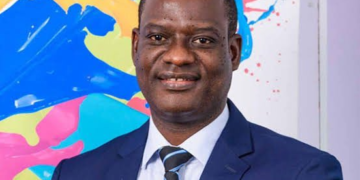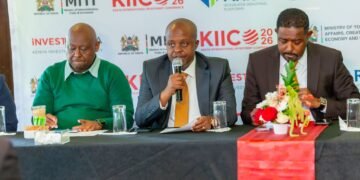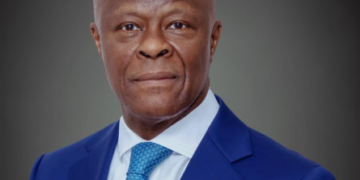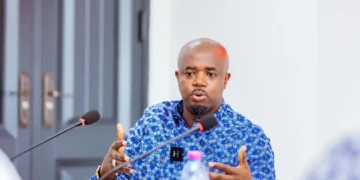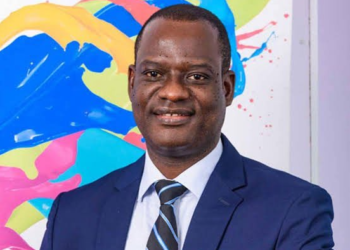Nigeria and power generation companies (GenCos) have finalized the implementation framework for the ₦4 trillion (over $2.7 billion)Presidential Power Sector Debt Reduction Plan.
Approved by President Bola Ahmed Tinubu and endorsed by the Federal Executive Council (FEC) , this ambitious initiative aims to clear legacy debts, restore investor confidence, and pave the way for private sector-led growth in Nigeria’s power sector.
Key stakeholders—including Minister of Finance and Coordinating Minister of the Economy Wale Edun, Minister of Power Chief Bayo Adelabu, and Special Adviser to the President on Energy Olu Verheijen—met with GenCo executives to finalize settlement modalities.
The consensus reached focuses on bilateral negotiations to craft full and final settlement agreements, balancing fiscal constraints with the financial realities of power companies. The plan authorizes up to ₦4 trillion in government-backed bonds to settle verified arrears owed to GenCos and gas suppliers, marking the largest intervention in over a decade.
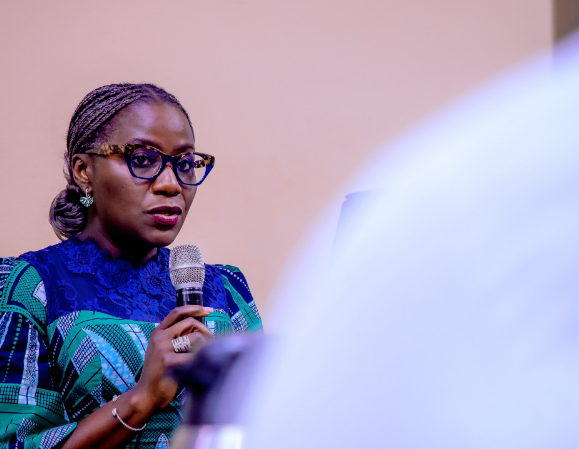
“This is a credible and systematic effort to tackle liquidity challenges in the power sector,” said Tony Elumelu, Chairman of Heirs Holdings and Transcorp Power. “We commend President Tinubu and his team for this transformative step.” Kola Adesina, Group Managing Director of Sahara Group, added, “This initiative signals the government’s commitment to a sustainable power sector, boosting our confidence in the reform process.”
ALSO READ:ZACL LAUNCHES NEW AEROBRIDGE, ENHANCING AVIATION STANDARDS
The debt reduction plan addresses a legacy debt overhang that has stifled investment, weakened utility balance sheets, and limited reliable power delivery. By clearing arrears, it aims to unlock new investments in generation capacity, modernize grid infrastructure, and enhance electricity access for homes and businesses.
“We’re shifting from crisis response to sustained delivery,” said Olu Verheijen. “By closing metering gaps, aligning tariffs, improving subsidy targeting, and restoring regulatory trust, we’re creating conditions for large-scale private capital.”
Wale Edun emphasized the broader vision: “These reforms rebuild the fundamentals, making Nigeria’s power sector a catalyst for industrialization, job creation, and inclusive growth.” Complementary efforts include scaling renewable energy, leveraging domestic gas, and building local technical capacity to position Nigeria as a leader in energy sovereignty.
The initiative is a collaborative effort led by the Federal Ministries of Finance and Power, the Office of the Special Adviser on Energy, and the Nigerian Bulk Electricity Trading (NBET) Plc.



